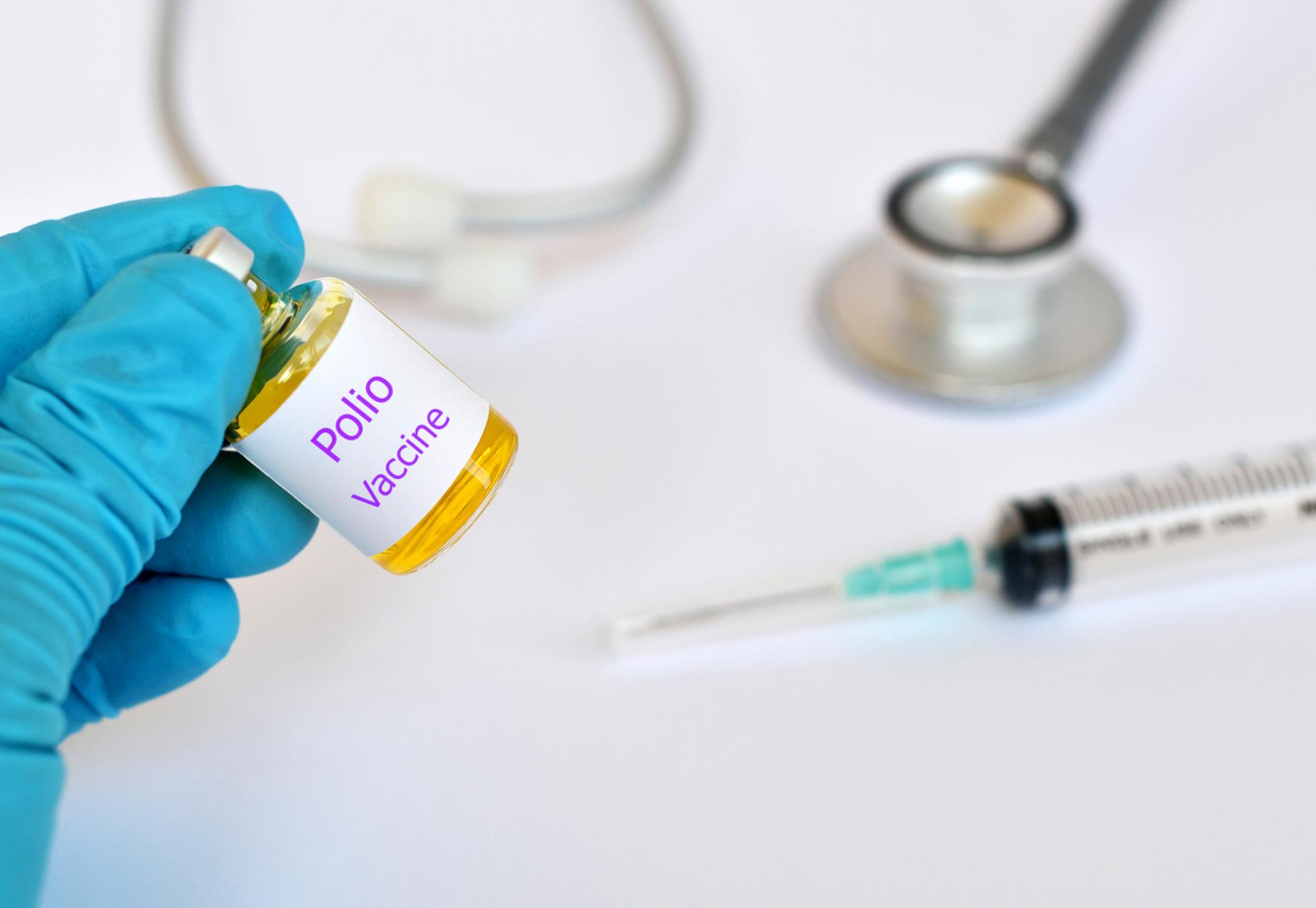An investigation has been launched after the poliovirus was discovered in sewage samples from the London Beckton Sewage Treatment Works.
It is considered normal for one-to-three ‘vaccine-like’ polioviruses to be uncovered every year in sewage samples – this occurs when an individual who has been vaccinated overseas with the live oral polio vaccine returns to the UK and briefly ‘sheds’ traces of the virus in their excrement.
This variant caused alarm however, as it was the latest in a series of recent discoveries of closely related viruses found in sewage samples. The virus is now classified as a vaccine-derived poliovirus type 2 (VDPV2), meaning that the virus has likely been spread by closely linked individuals in North and East London via their faeces.
VDPV2 in some serious circumstances can cause serious illnesses like paralysis if the individual is unvaccinated – the public are being urged to ensure they are up to date with their polio vaccines.
Dr Vanessa Saliba, Consultant Epidemiologist at UK Health Security Agency (UKHSA), said: “Vaccine-derived poliovirus is rare and the risk to the public overall is extremely low. Vaccine-derived poliovirus has the potential to spread, particularly in communities where vaccine uptake is lower.
“On rare occasions it can cause paralysis in people who are not fully vaccinated so if you or your child are not up to date with your polio vaccinations it’s important you contact your GP to catch up or if unsure check your Red Book. Most of the UK population will be protected from vaccination in childhood, but in some communities with low vaccine coverage, individuals may remain at risk.
“We are urgently investigating to better understand the extent of this transmission and the NHS has been asked to swiftly report any suspected cases to the UKHSA, though no cases have been reported or confirmed so far.”
The UK was declared polio-free in 2003 with the last wild contraction of the virus dating all the way back to 1984. The World Health Organisation still considers the UK to be polio-free whilst having a low risk of transmission due to the high vaccination rates in the country.
Jane Clegg, Chief Nurse for the NHS in London said: “The majority of Londoners are fully protected against Polio and won’t need to take any further action, but the NHS will begin reaching out to parents of children aged under 5 in London who are not up to date with their Polio vaccinations to invite them to get protected.
“Meanwhile, parents can also check their child’s vaccination status in their Red Book and people should contact their GP surgery to book a vaccination, should they or their child not be fully up to date.”
The UKHSA will now work with the Medicines and Healthcare products Regulatory Agency conducting investigations to determine whether the outbreak is as a result of community transmission or something more.
More information about the discovery and its potential repercussions is available here.



















